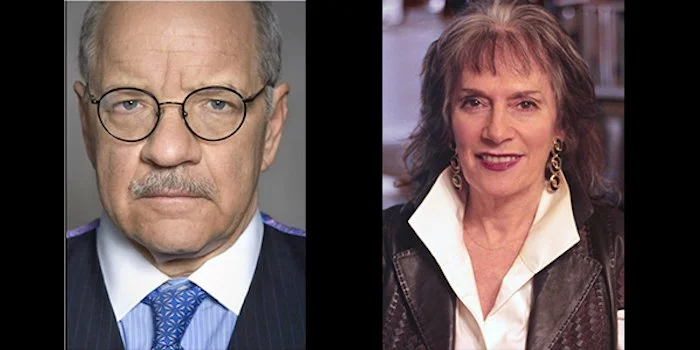This free talk was part of The Inaugural Dr. Saul and Dorothy Kit Film Noir Festival
The Stuff That Dreams Are Made Of: Paris 1946 and American Film Noir
Programmed by Rob King, Film and Media Studies
In 1972, the young screenwriter and soon-to-be-director Paul Schrader published “Notes on Film Noir” in Film Comment. Among the most influential essays on the topic in the English language, Schrader’s piece helped establish noir on the agenda of American film scholarship and criticism. In conversation with Film and Media Studies professor Annette Insdorf, Schrader today returns to that essay to consider noir’s relevance to the New Hollywood of the 1970s and its continued legacy into the present.
Paul Schrader is a celebrated American screenwriter, filmmaker, and film critic. An Academy award and BAFTA nominee, he is most notably known for co-writing the screenplays for Taxi Driver (1976), Raging Bull (1980), and The Last Temptation of Christ (1988) alongside director Martin Scorsese, as well as for directing several films including Blue Collar (1978), American Gigolo (1980), Affliction (1997), and The Canyons (2013). As a film critic, he has written for the Los Angeles Free Press and Film Comment and published the book Transcendental Style in Film: Ozu, Bresson, Dreyer in 1972. That same year he also wrote the seminal article “Notes on Film Noir” for Film Comment. His latest film is First Reformed (2017).
"Notes On Film Noir" re-used with permission from Film Comment and the Film Society of Lincoln Center. © Film Comment 1972. www.filmcomment.com
Columbia University Film Professor Annette Insdorf is also moderator of the popular Reel Pieces series at Manhattan's 92nd Street Y, where she has interviewed over 200 film celebrities. She is the author of Cinematic Overtures: How to Read Opening Scenes (2017), Intimations: The Cinema of Wojciech Has (2017), Philip Kaufman (2012), Double Lives, Second Chances: The Cinema of Krzysztof Kieslowski (1999), Francois Truffaut (1978), and the landmark study, Indelible Shadows: Film and the Holocaust (2002, with a foreword by Elie Wiesel). She is the host of two series streaming on FilmStruck – “Indelible Shadows” and “Cinematic Overtures” – based on her books.
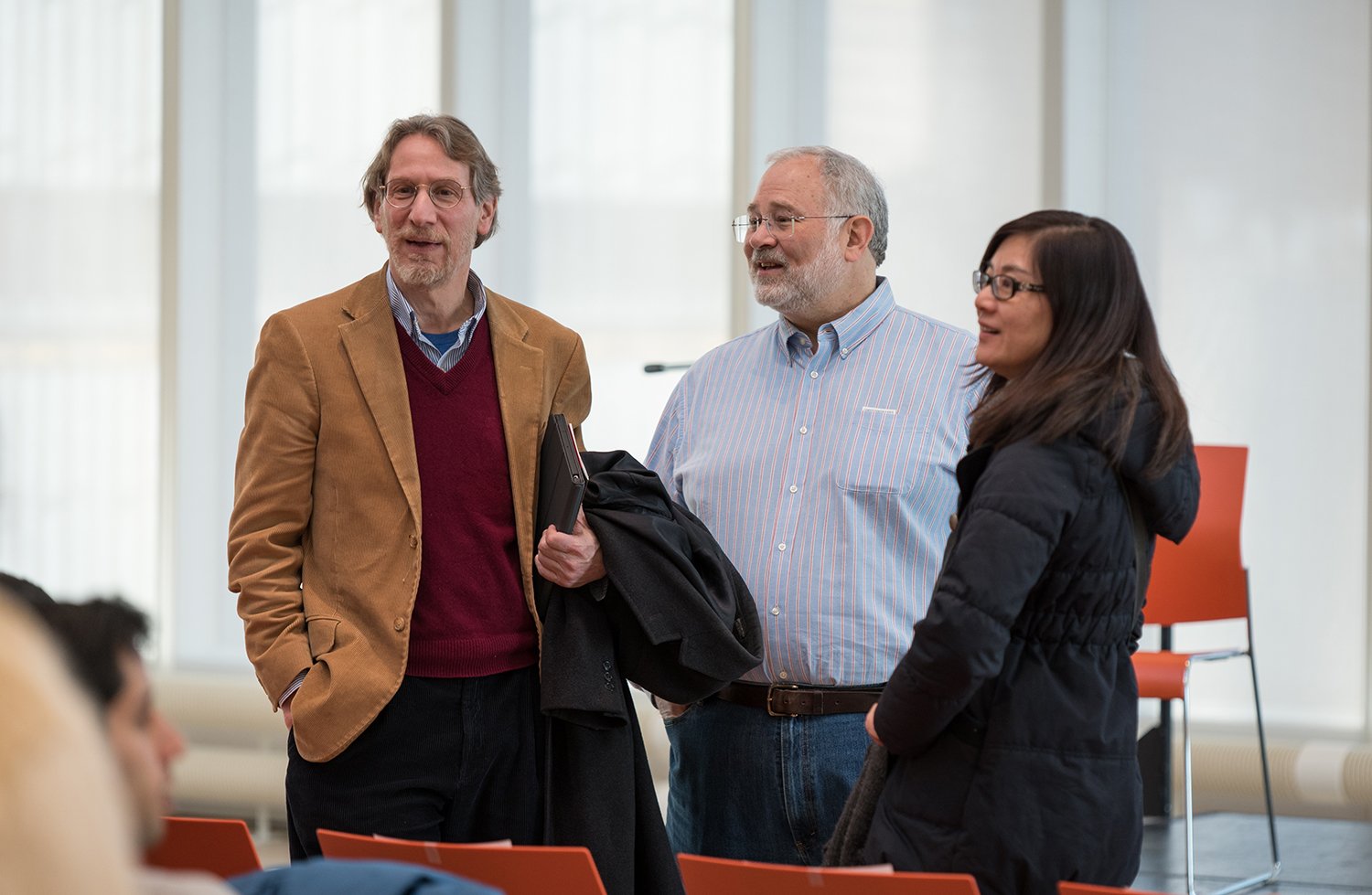
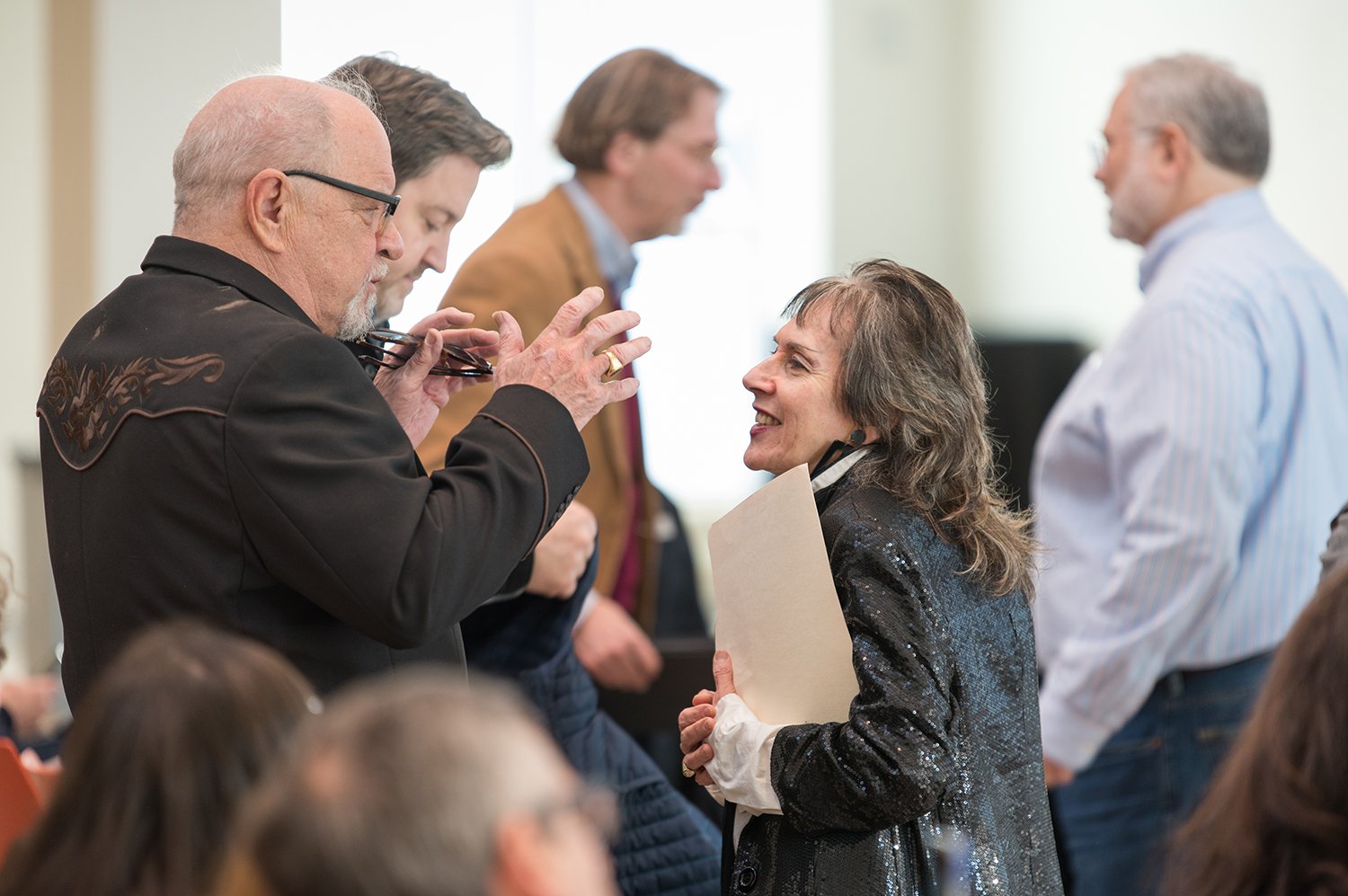
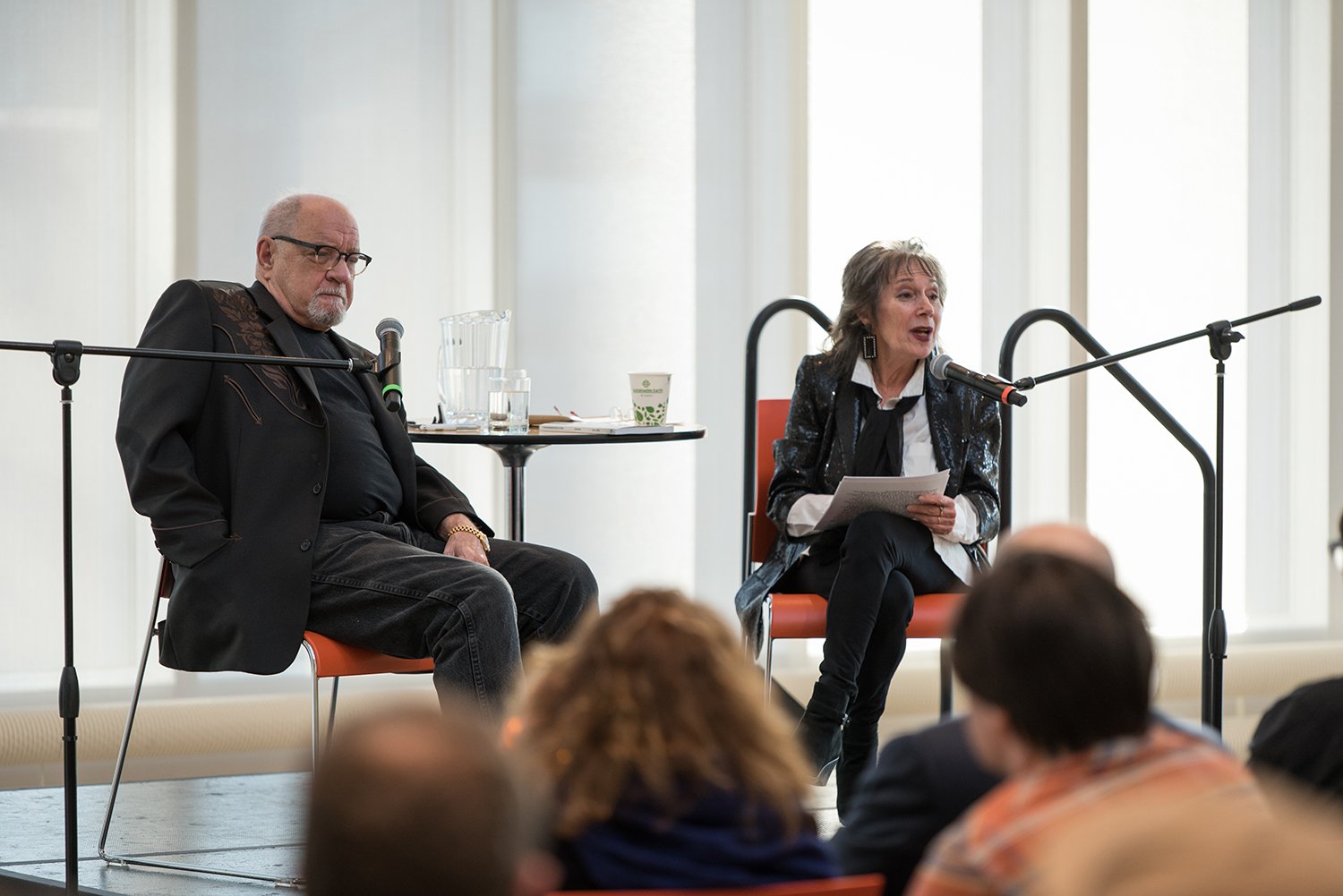
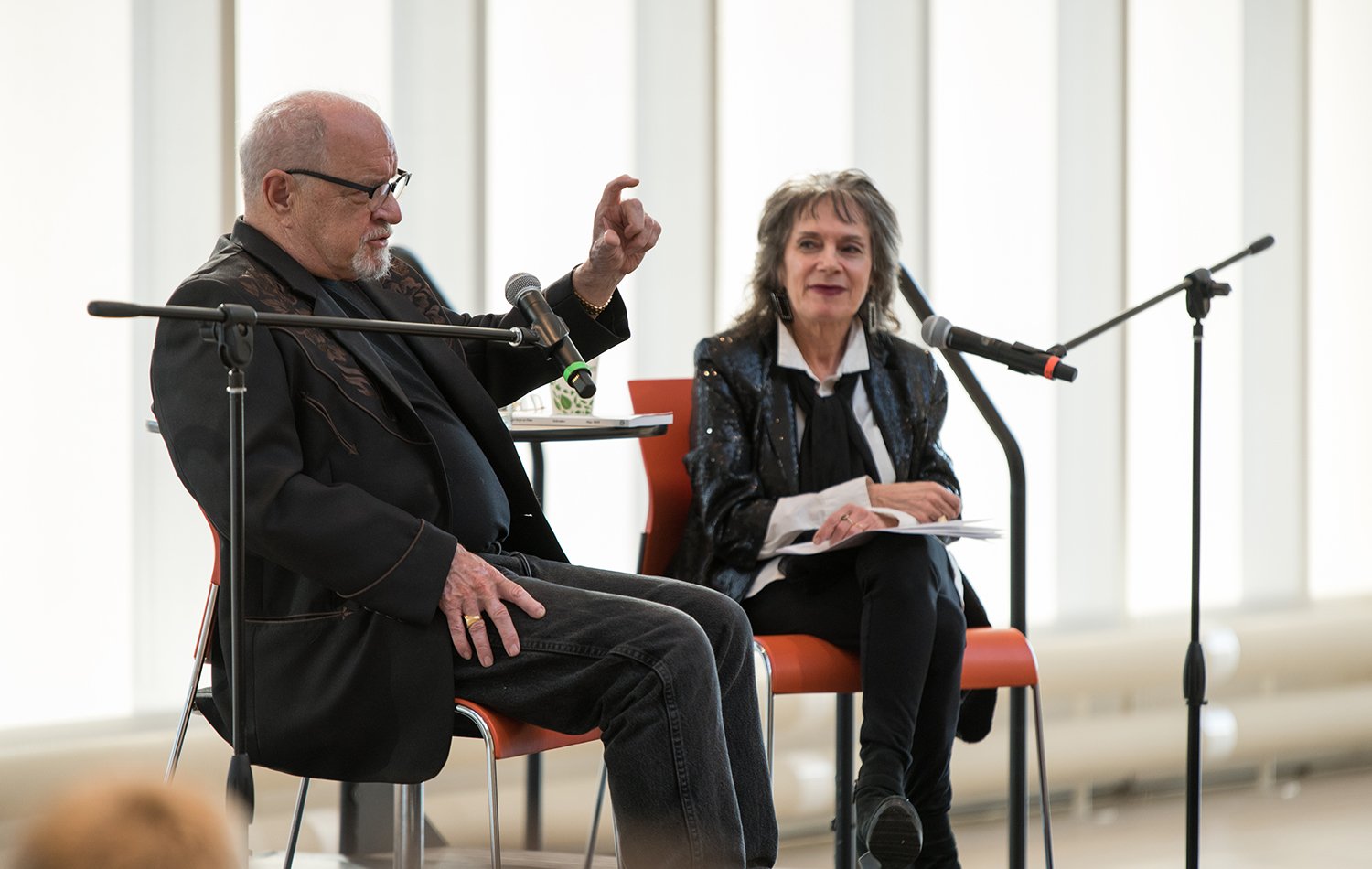
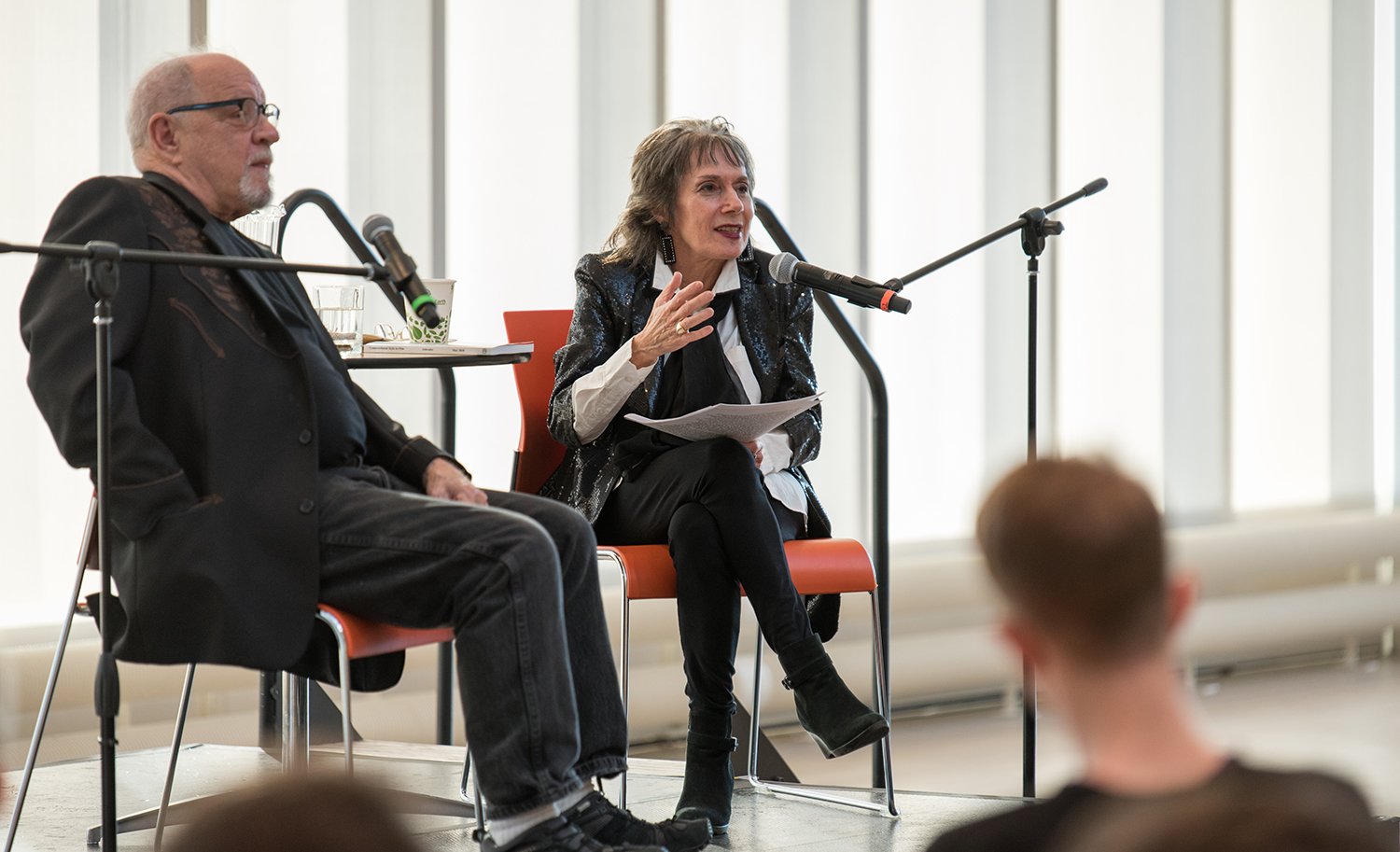
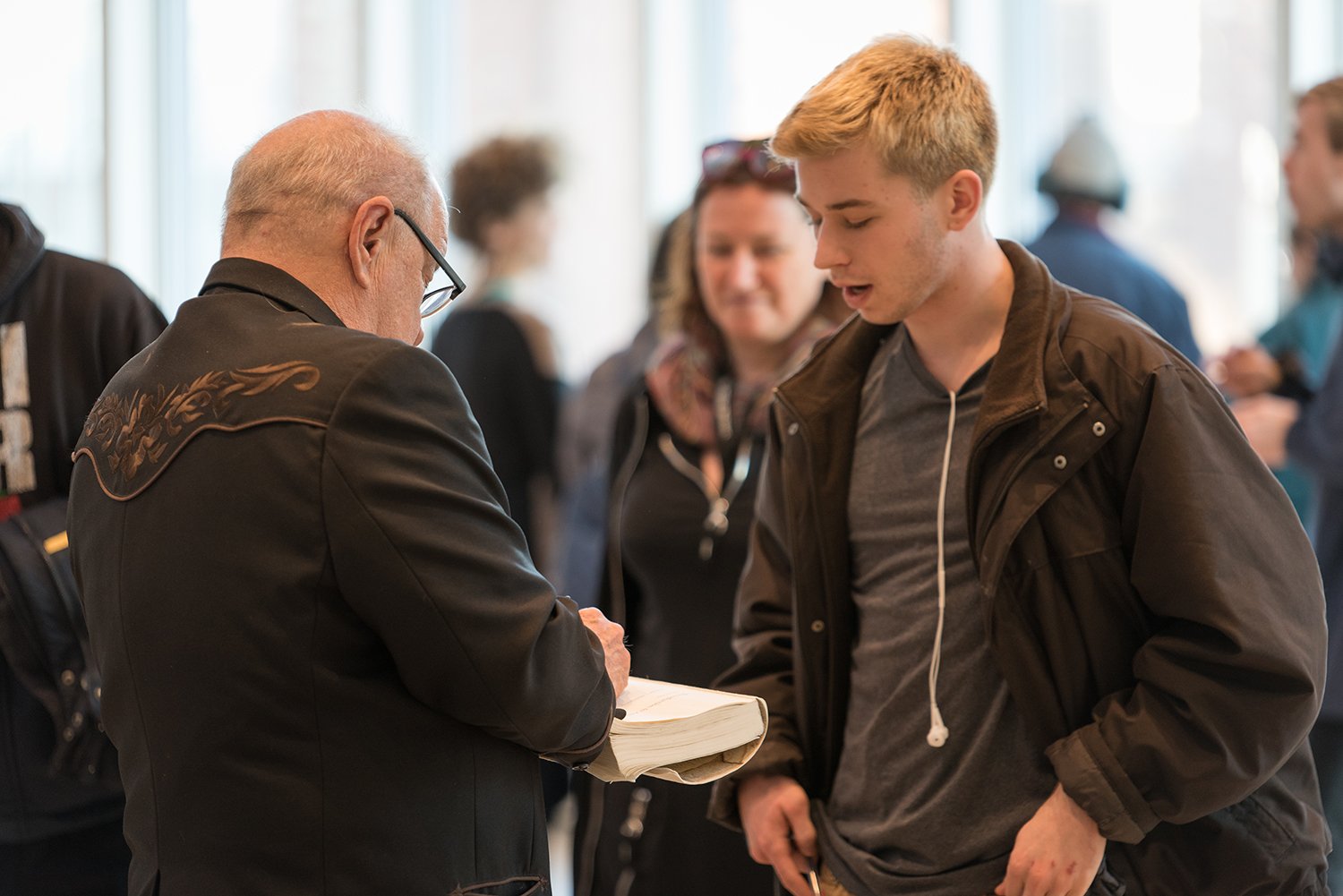
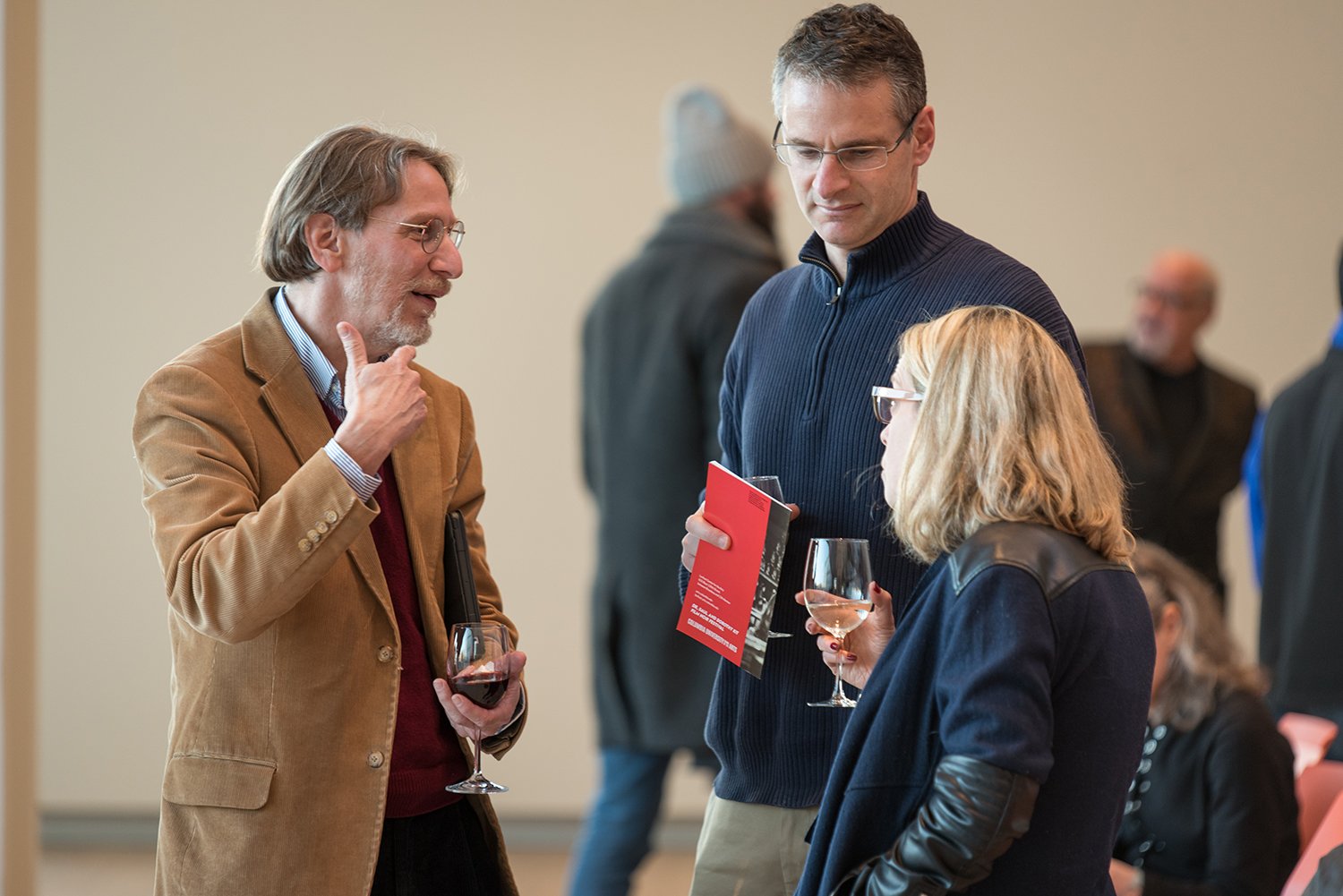
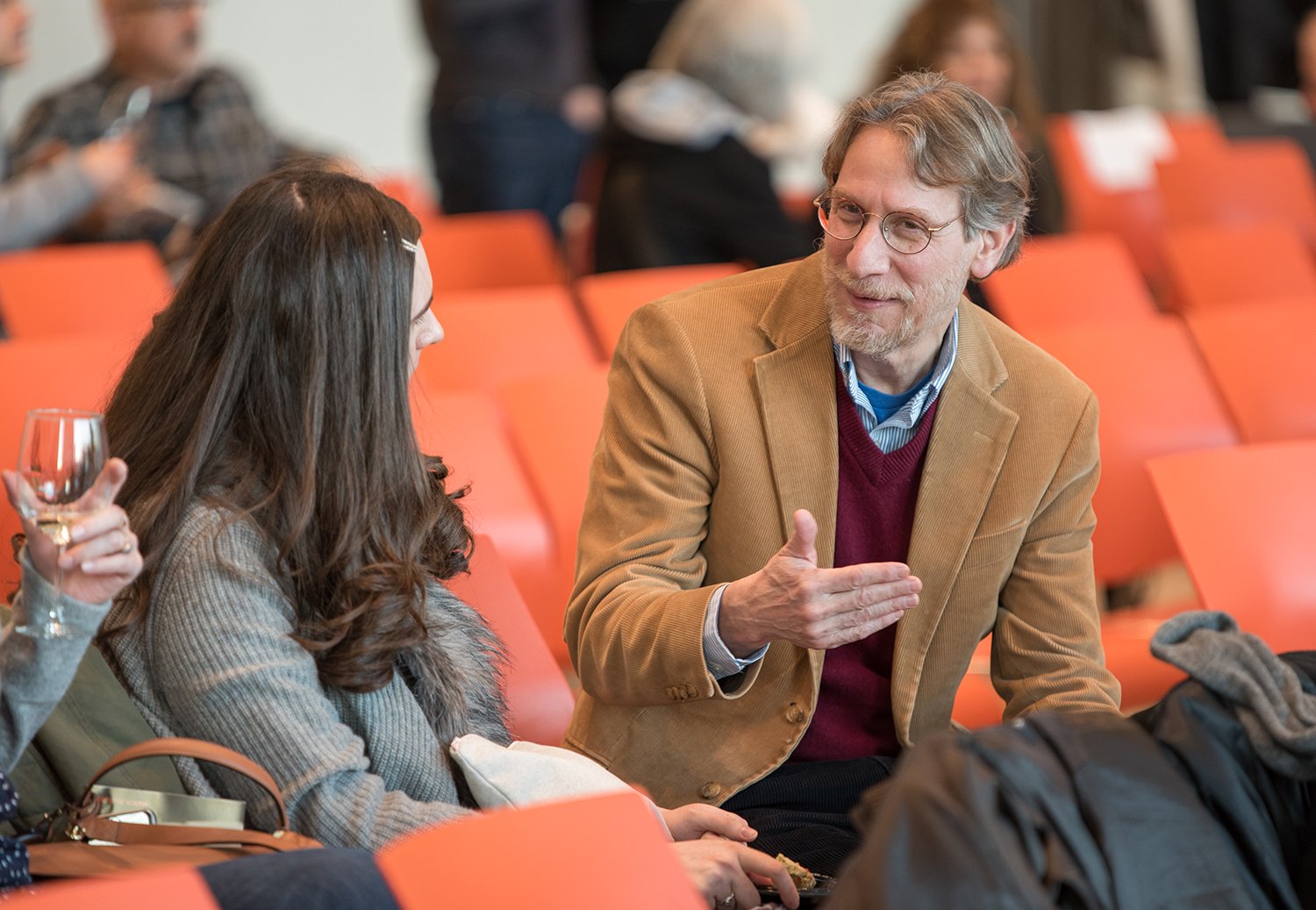
About the Dr. Saul and Dorothy Kit Film Noir Festival
Paris 1946. The war is over and American films are once again in Parisian theaters. The French immediately notice a shift in the sensibility of Hollywood’s crime films. They call it noir.
This festival—the first in a ten-year series devoted to the legacy of film noir—returns us to that pivotal moment in film history some seven decades ago. For its inaugural year, the Kit Film Noir Festival will present eight of the films that screened in France that season and inspired the label film noir. Most films will be shown in 35mm.
This festival is funded by a generous gift from alumnus Gordon Kit (Columbia College ’76), in honor of his parents.
For more information, contact filmnoir@columbia.edu


